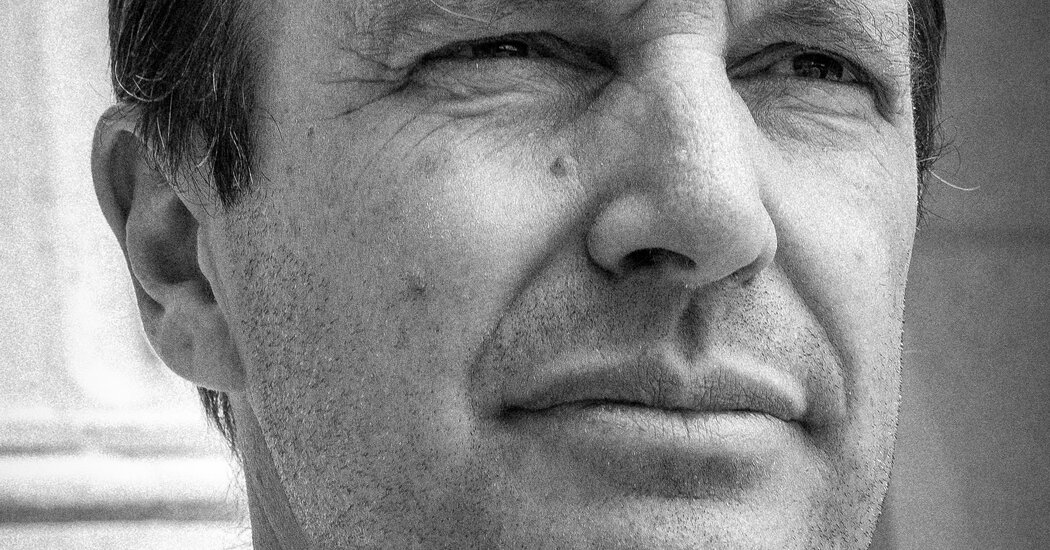- cross-posted to:
- [email protected]
- cross-posted to:
- [email protected]
In December 2022, early into what he now describes as his political journey, Senator Chris Murphy of Connecticut gave a speech warning his fellow Democrats that they were ignoring a crisis staring them in the face.
The subject of the speech was what Mr. Murphy called the imminent “fall of American neoliberalism.” This may sound like strange talk from a middle-of-the-road Democratic senator, who up until that point had never seemed to believe that the system that orders our world was on the verge of falling. He campaigned for Hillary Clinton against Bernie Sanders during the 2016 primaries, and his most visible political stance up until then was his work on gun control after the Sandy Hook shooting.
Thoughtful but prone to speaking in talking points, he still comes off more like a polished Connecticut dad than a champion of the disaffected. But Mr. Murphy was then in the full flush of discovering a new way of understanding the state of the nation, and it had set him on a journey that even he has struggled sometimes to describe: to understand how the version of liberalism we’d adopted — defined by its emphasis on free markets, globalization and consumer choice — had begun to feel to many like a dead end and to come up with a new vision for the Democratic Party.
…
Mr. Murphy is a team player and has publicly been fully supportive of Ms. Harris, but he also wants Democrats to squarely acknowledge the crisis he believes the country is facing and to offer a vision to unmake the “massive concentration of corporate power” that he thinks is the source of these feelings of helplessness and hopelessness. Only by offering a “firm break” with the past, he believes, can Democrats compete with Republicans like JD Vance, who, with outlines like Project 2025, have a plan to remake American statecraft in their image and who are campaigning on a decisive break with the status quo.
Academics, think tanks and magazines are buzzing with conversations about how to undo the damage wrought by half a century of misguided economic policies. On the right, that debate has already spilled out into the public view. But on the center-left, at least, very few politicians seem to be aware of this conversation — or at least willing to talk about it in front of voters.



WOW. You said that. People are struggling to afford basic necessities… and your gotcha is… “but they’re using the wrong terminology!”?
This guy is acting like it’s some big mystery, as if people should be happy the stock market is doing good, even though they can’t afford to live.
For the first… if only we had antitrust laws…
For the second… how’s that work when they’re all jacking rates? (Never mind that they’re all probably owned by the same 2-3 companies?)
Can’t exactly boycot food.
As for “what economists recommend”, they can sit around their ivory towers with their thumbs up their asses for all I care.
any one who says “the economy is fine”, touting metrics that simply don’t apply to the majority of Americans, and sees millions of Americans being unable to afford basic necessities as not-a-problem is an asshole.